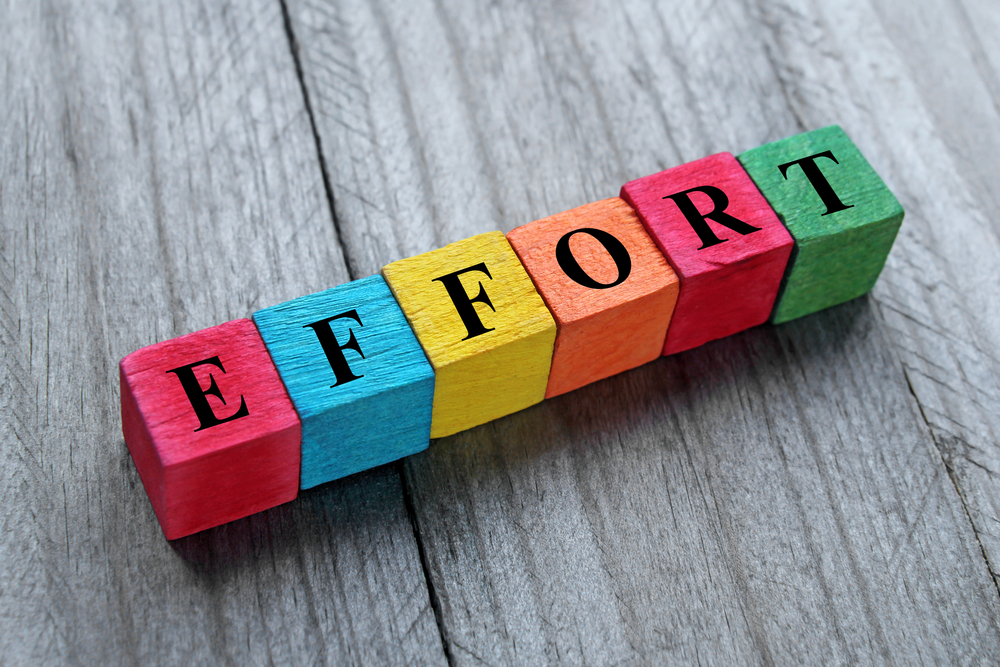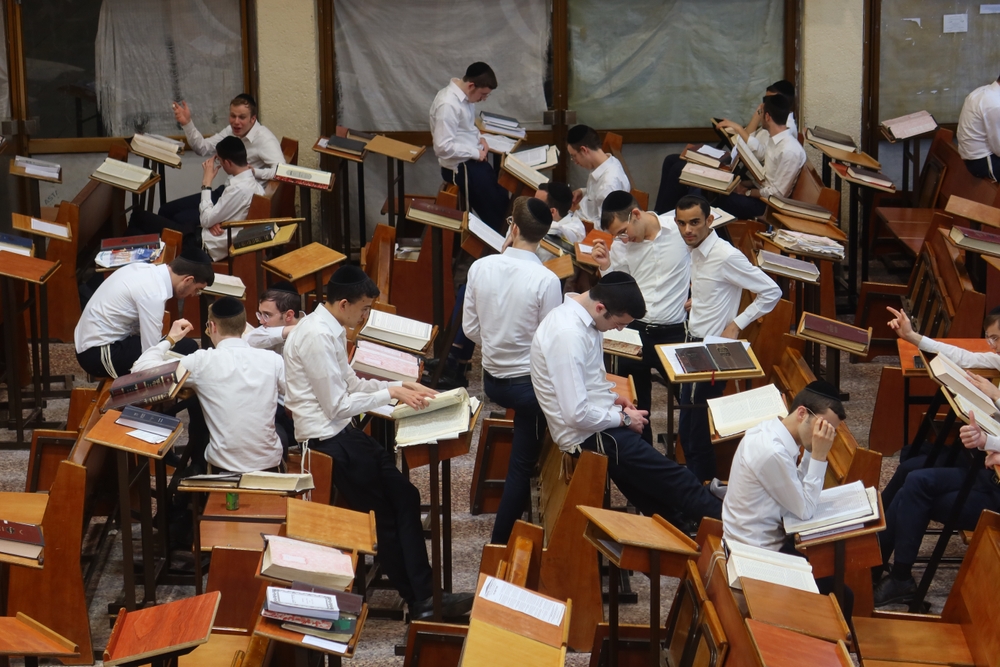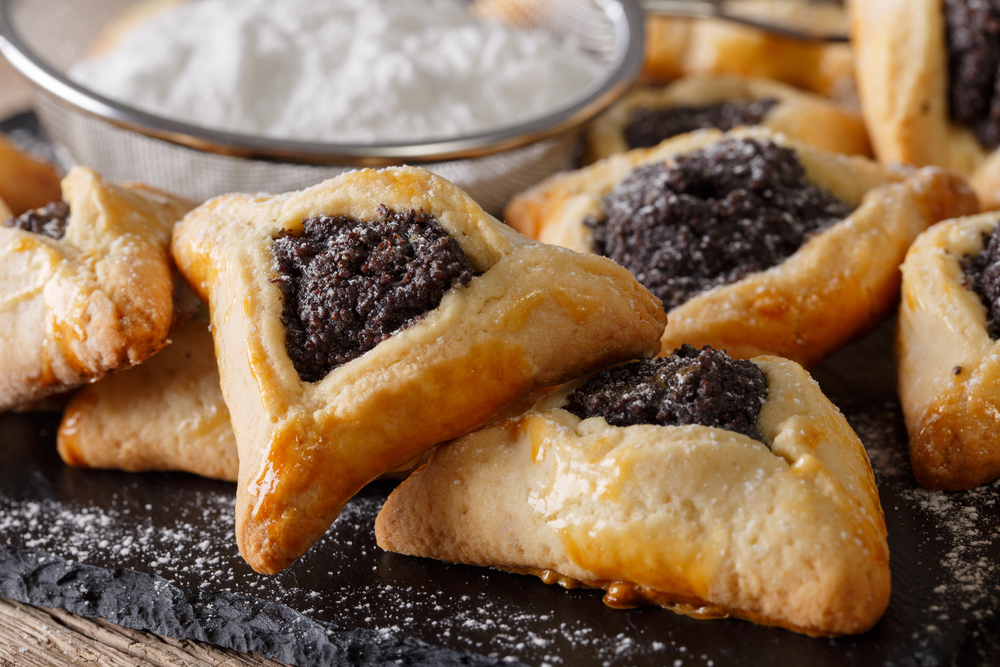Significance of Chanukah: The Strong in the Hands of the Weak
“The strong in the hands of the weak!”
You may recognize those words from the Al Hanisim prayer, where we thank G-d for delivering “giborim b’yad chaloshim,” the myriads of powerful Greeks to the relative handful of Jews, who were barely armed and were untrained in warfare. Obviously, this is meant to express our appreciation for the victory which conventional wisdom couldn’t possibly have predicted. However, there is a much deeper side to this too.
The Talmud (Sanhedrin 105b) tells of a blessing and a curse. The Jewish people were blessed with the weakness of the reed, instead of being cursed with the strength of the cedar.
That sounds so strange. What does it mean?
Think about it for a moment, and you will see just how empowering this viewpoint is. A reed is a type of grass that is so tall, it almost resembles a tree. But it’s not a tree. It is flexible like grass is. Therein lies its might. It knows how to lay low. When fierce winds blow, the reed bows its head and lets them pass right over him. Guess what? When the storm is over, the reed smiles, brushes itself off, and gets right back up.
Cedar trees have a different attitude. They don’t bend before the wind. Oh, no! They are much too proud for that. Tall and strong they stand, projecting authority and control. All are humbled before them. Until… a single strong gust takes them on. That’s all it takes to produce a loud crack, a dull thump- and it’s all over.
“The strong in the hands of the weak!”
Do you understand those words differently now? A bit deeper? Can you see that we triumphed because of our weakness, not despite it?
Thousands of years have passed since our stunning victory over the Greeks. During that time, we have become weaker, and also stronger. We were exiled so that we no longer had a country or our own army. We’ve been oppressed and suppressed, tormented and diminished.
And we grew stronger. We learned to bow down and let the powerful enemies’ winds blow right over us. They may have had temporary victories. They may have physically diminished our populations. But they are gone, while we persist and thrive.
Most importantly, we have always bowed our heads before G-d. We submit to His Torah. Even our fight against the Greeks was a form of submission. We were so outnumbered by their armies that standing up to them was futile. Strategically, the military campaign was a pathetic idea. We engaged in battle, not as a display of power, but as an exhibit of submission. The Greeks had challenged, not our lives, but our LIFE! They threatened our religious beliefs and practices, and so we rose up like lions. The cedars cracked and the reeds prevailed.
This is the significance of Chanukah. Interesting that a highlight of Chanukah is l’hodos ul’hallel, to give thanks and praise to the Almighty. Jews know how to thank. Appreciation is all about submitting. It’s the realization that I owe something to my benefactor. I owe everything, my very life, to my Benefactor. And therein lies our strength.
We don’t thank to commemorate what we once received. For Jews, thanksgiving is our very essence. It’s not that we once received gifts, so we thank G-d for them. It’s because of our humility, because we are able to bow our heads and say, “Thank you. Everything we have is a gift from You,” that G-d gave, and continues to give us His eternal gifts.
As we reflect on the gift of life, the gift of Judaism and the gift of family and friends, as we express our gratitude to G-d and renew our commitment to His ways, may we learn to recognize our unique strength, the strength of the weak who are stronger than the strong!
Rabbi Elimelech Trenk, TorahMates coordinator


